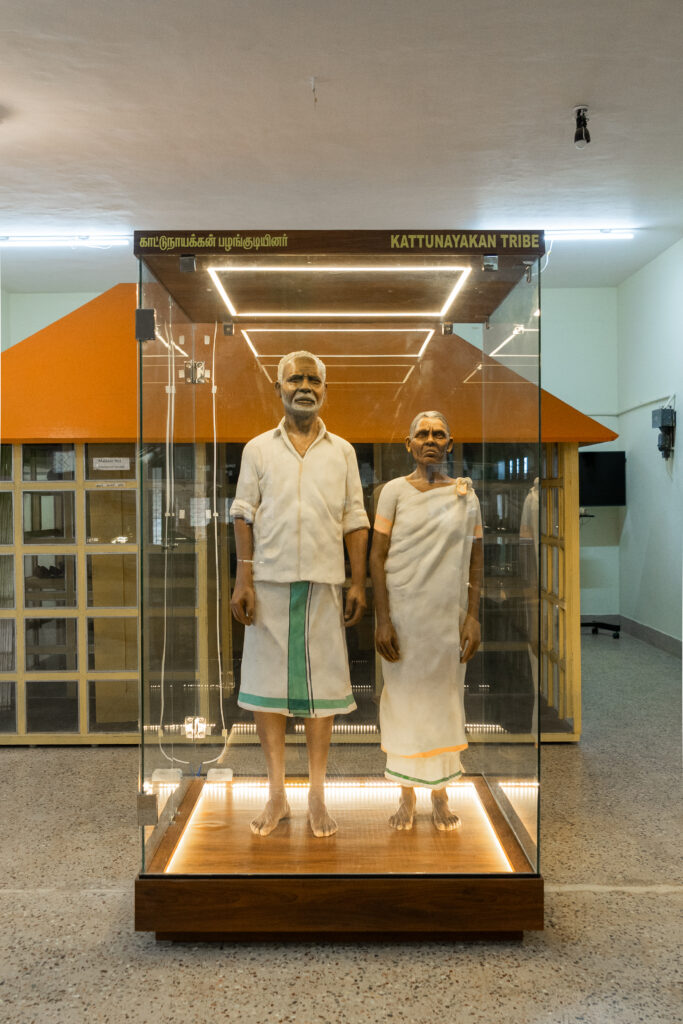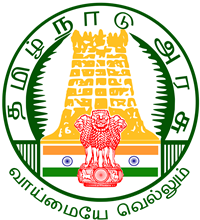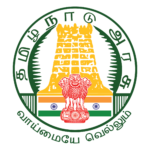Ethnographic Profile of Kattu Naickan
 Origin and Geographical spread:
Origin and Geographical spread:
The Kattu Naickan get their name from the words kadu, which means ‘forest’ and nayakan which means ‘leader’ or ‘chief’. They are also known as kattu Naickan. They are the aboriginal inhabitants of the Western Ghats and are mainly found in the Nilgiris, in Tamil Nadu. They are believed to be the descendants of the Hidamasura of the Mahabharata epic. They are the aboriginal inhabitants of the Western Ghats and are mainly found in the Nilgiris, in Tamil Nadu and the Nilambur and Wayanad hills, adjoining Kerala.
Language:
The Kattu Naickan, speak their own dialect, which is close to Kannada, within the family and with their kin group. They speak Tamil and Malayalam with others. They use the Tamil script.
Specific tradition and Custom:
They wear an upper garment (kuppig) and a lower garment (mundu). Both men and women have tattoo designs on their bodies. They participate in the Mariamma, Lambalakottai and Yermadu temple festivals. The karnavar officiates as sacred specialist at these festivals, as well as at all socio religious functions.
Food system:
The Kattu Naickan are non-vegetarian, who abstain from eating beef. Rice, millets and ragi are their staple food items. They consume all kinds of pulses, vegetables, roots, tubers and fruit. They use either groundnut oil or coconut oil for cooking. Both men and women consume liquor, especially on festival and ceremonial days.
Primary Economic Activity:
Land and forest are the main natural resources of the Kattu Naickan. It is mainly a landless community. Only a few people hold patta lands. Hunting and gathering, fishing, trapping of birds and animals and labor are their traditional as well as current occupations. They also do cultivation, animal husbandry, coffee and pepper plantation work and private service. They visit the weekly local markets to purchase their requirements or to sell their produce and minor forest collections. They transact in cash.
Art and music:
They have an oral tradition regarding their legendary origin. Folk songs are sung by both men and women during marriage and other ceremonial occasions and rituals. They participate in traditional folk dances.
Special Characteristics:
The Kattu Naickan has a favorable attitude towards developmental programmes. While some of their children study in Adi Dravidar residential schools, many drop out due to economic reasons. They favor both traditional and modern medicare. They are aware of family planning but most couples prefer to have three or more children. They have access to civic amenities.


